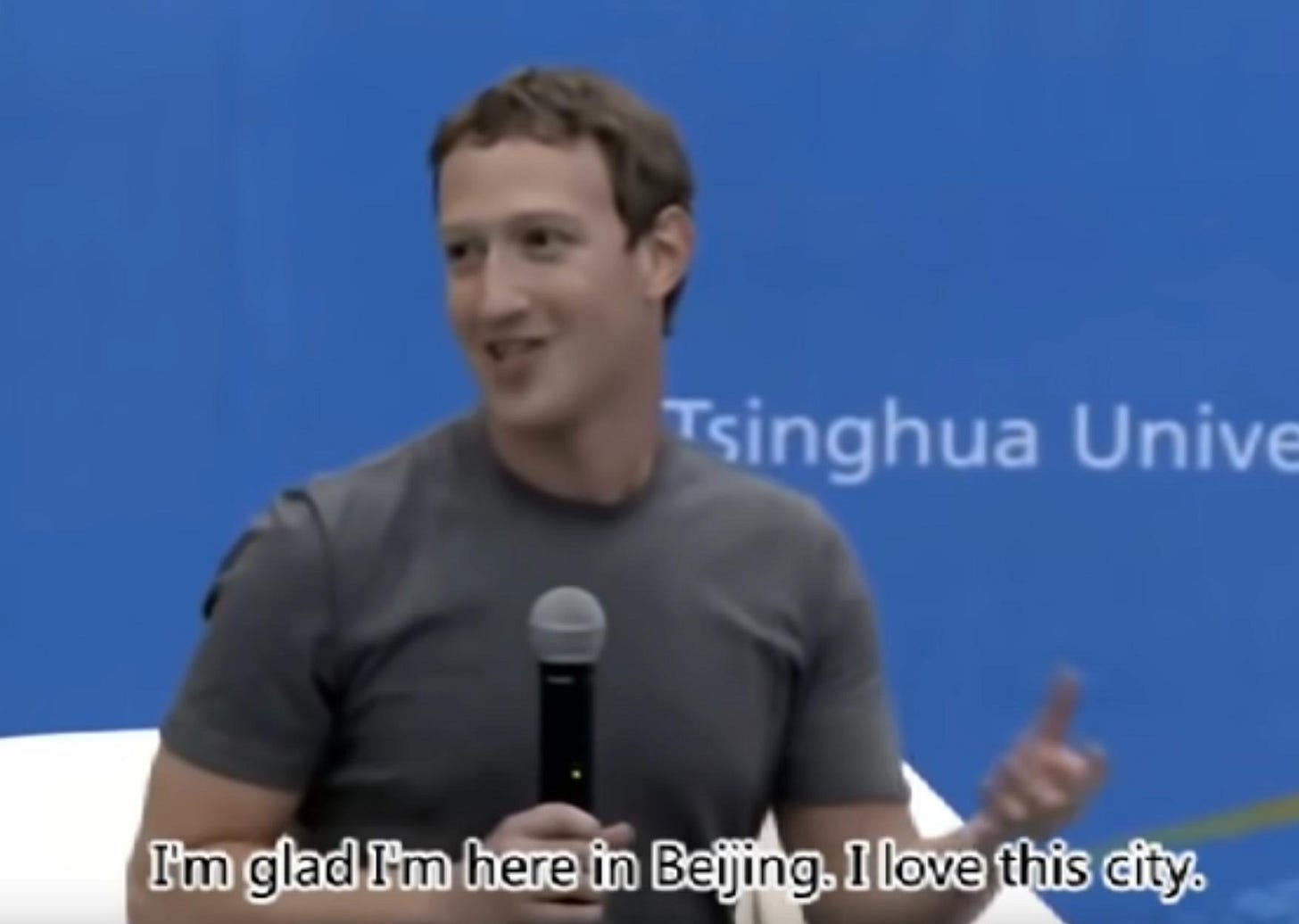Shocking people with PERFECT Chinese, as an Asian-American
My experience learning the world's hardest language.
I'm Chinese, and today is day one in my journey of learning Chinese. I was born in America, raised in America, and might die in America. I'm a true 美籍华人. Growing up, my parents spoke to me in English, and English was my favorite subject in high school. In spite of my upbringing, I am putting myself on the line and am willing to risk everything in order to become the first ever Chinese-American to become fluent in Chinese. That's right — I've already called Guinness World Records, and this is an open invitation: is there anyone at all who dares to challenge me? If you hear me, then come to the arena and fight! In over 25 years of living in this country of the United States, I’ve never seen a single ABC — born here, raised here — who could pass as a native. And once I've proven myself as the very best linguist in the Asian-American world, I will shock everyone with my PERFECTLY FLUENT Chinese.
Or wait, is that shocking at all? Maybe I'll electrify them with my elaborate and elegant English elocution. But these days, an East Asian person speaking English isn't very surprising either. I guess for people like us, eastern immigrants living on western soil, there is hardly anything shocking that we can do!
Growing up, I never received any encouragement at all from studying the Hardest Language in the History of the World, which of course we all know is Chinese. Talking to natives meant dealing with frustrating condescension, discouraging dirty looks, or even wholesale switching to English in the middle of the conversation. Successfully passing a conversation with a perfectly-fluent exchange of words was hardly an achievement at all, because all that meant to others is that, with your Chinese face, you must have been born in China yourself! Maybe you came to this country when you were 13 years old, so your language abilities are just a matter of course… Oh, how painful it was, to hear so many times, from bespectacled H1-B workers that my "Chinese is so bad" — I wonder how they would've felt if I'd said the same thing about their English? Despite this, I kept learning and learning, without receiving much reward at all.
So imagine my surprise when I found out that there's actually plenty to gain from learning Chinese — if you're an obvious foreigner filming yourself in Chinatown. Claiming yourself to be "perfectly fluent" with "native proficiency," you can get millions of views on YouTube if you're lucky! The study of the Chinese language, along with its realtime execution within the hustle and bustle of everyday life, has become a multi-million dollar industry, with foreign influencers abounding who sell their smiling faces on language courses; and the Chinese people aren't even receiving a single yuan in commission! And what surprised me the most was that the same linguistic gatekeepers who told me that my "Chinese is so bad," were showering lavish praises onto people who were actually bad at Chinese, jumping up from their seats and losing their minds when they saw European faces saying the words "Knee How Ma." Watching Mark Zuckerberg deliver his famous Chinese interview at Tsinghua, the audience of bedazzled Chinamen, mouths agape, are clapping with such tremendous vigor that it could serve as an energy source for steamboats from Canton to San Francisco.
We see this both online and offline — Chinese people kowtowing to the non-Chinese who speak with obvious pronunciation problems and vocabulary deficiencies. But how much applause will a Chinese-American man receive for his pitch-perfect recitation of the ancient classics? Hardly enough, my friend, compared to the news of his college acceptance results.
Our scientific investigation forces us to conclude that learning Chinese is actually harder for Chinese-Americans than it is for foreigners. A simple look at the data is all that is needed to prove the point: how many thousands and thousands of non-Chinese people claim to be "perfectly fluent" in the language, while Chinese-Americans hardly dare to open their mouths when ordering at Asian restaurants? For Chinese people to even learn their own language is a great and rare accomplishment in our modern times! So college admissions officers: please take heed, and while you're assigning your quotas, points, and tally-marks, remember that it is much more difficult for an Asian-American to learn Chinese than it is for a European to get an A+ in Latin.
It wouldn't surprise me if Chinese language schools were originally created as part of a grand conspiracy to make learning the language as intentionally difficult and painful as possible. Frustrated beyond belief by passionless and disinterested teachers who wasted their precious Sunday afternoons, the children of the Dragon Empire will never again dare to learn Chinese, and our nefarious mission will be a great success! Who could be responsible for this? Maybe it's Big French, with no small amount of assistance from the Japanese Lobby, because I've seen Hua-Americans who've learned French with great enthusiasm, who relished in studying Japanese, but never anyone who had any love for their own language — Chinese. For me personally, I noticed fairly quickly that no one in the community cared about my Chinese homework. Even though I was one of the most well-behaved children of the 1990s (ask my parents — they'll tell you!), I put 二 and 二 together and exchanged my classroom learning for Sunday naptime at my desk. And if, God forbid, these Chinese-American schools really had been designed to create fluent Chinese speakers, then the post-graduation statistics must surely be dreadful, and I believe that I and many others are owed some substantial reparations. You can send me what's due via WeChat Pay.
What I really ask from Chinese immigrant parents is to have some respect and esteem for 5,000 years of linguistic civilization — a precious treasure which predates the existence of English writing by 1000 years and which belongs first of all to Chinese-American kids. Why do you discourage your own children while praising strangers who have no appreciation for your words? And I ask from their children, my brothers and sisters, to escape from the cycle of disappointment and self-hatred and to take back — only if you wish for it — your ancient treasure. Even though hardly anyone recognizes you for your efforts, even though the gold medal was stolen from you and unfairly given to those who haven't had to bear your bitter hardships, I know that there are great people in high places who will appreciate everything that you worked so tirelessly to earn: your own future children, who will stand on your shoulders and those of a hundred previous generations, who will be even greater than those who are just Chinese or just American.
As for me, I'm going to continue my efforts to learn the most difficult language in existence from the most linguistically-disadvantaged starting point in the world. As an ambitious and overachieving student, I'll make sure to get an A+ grade and to learn from history's greatest Chinese teachers: Confucius (孔子), Sun Tzu (孙子), and Zuckerberg (富老外). And maybe sometime years and years from now, I'll see you walking around in a Chinatown market with a bright and hopeful look in your eyes, and you can surprise me with something perfectly fluent of your own.





